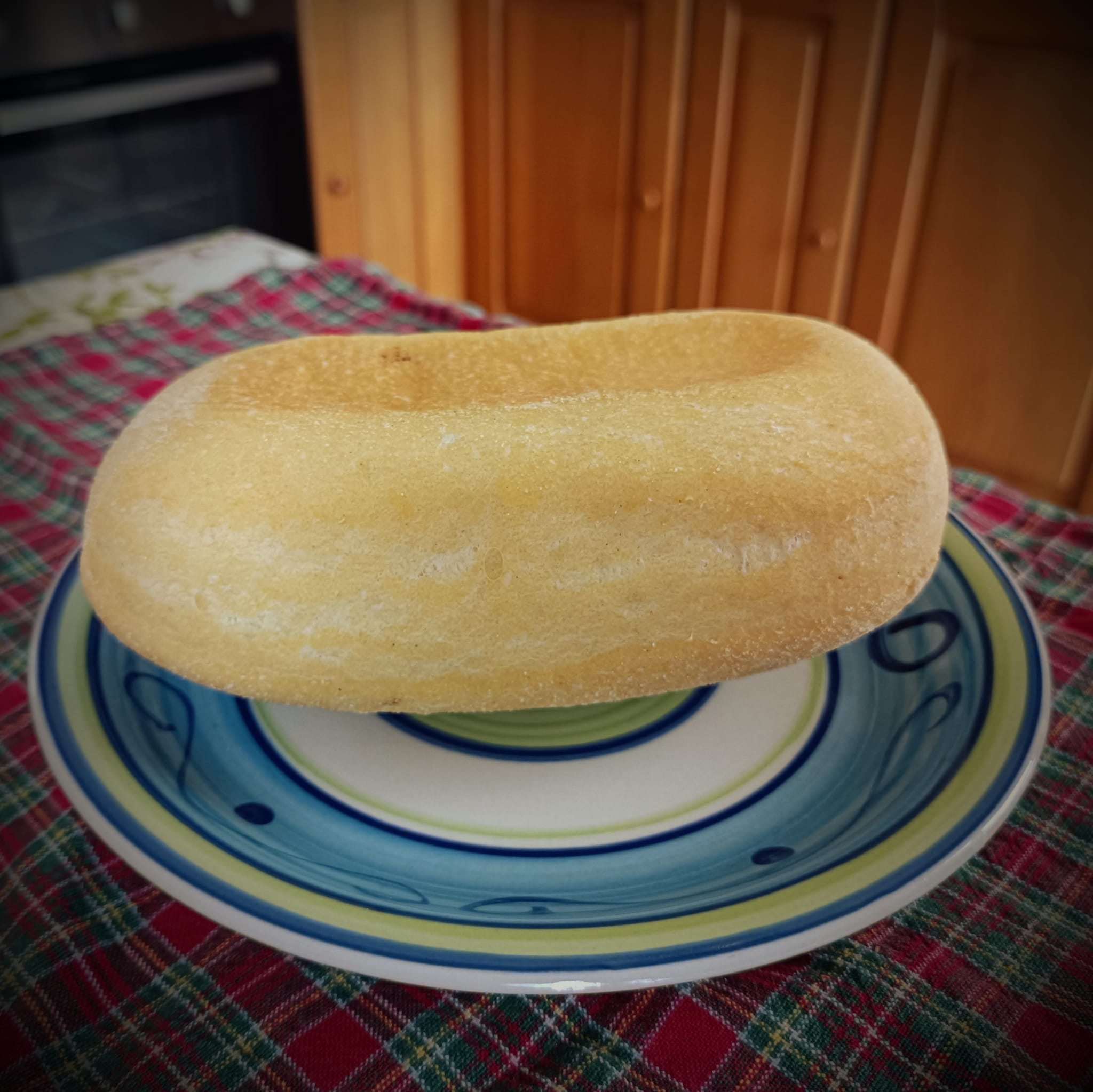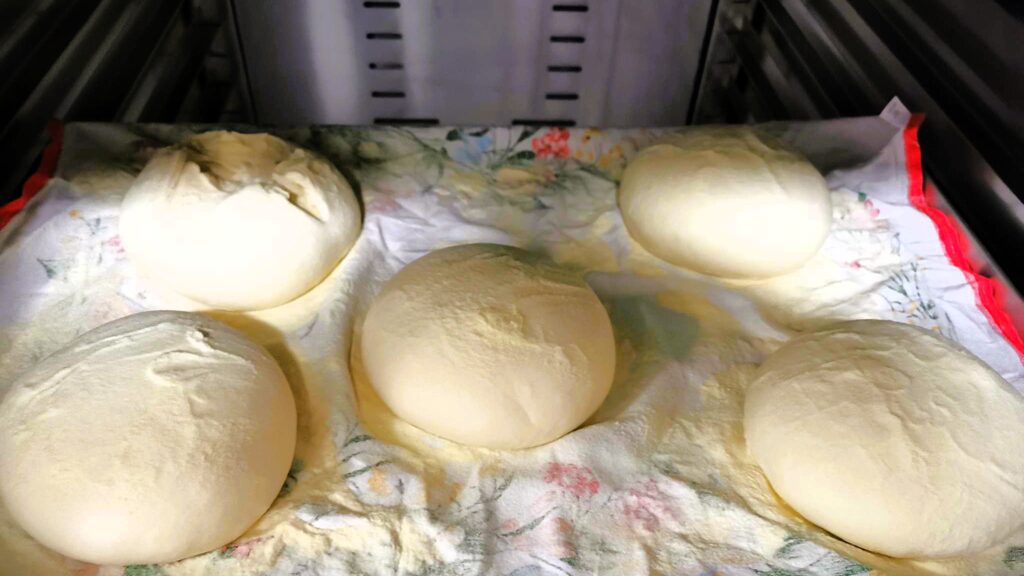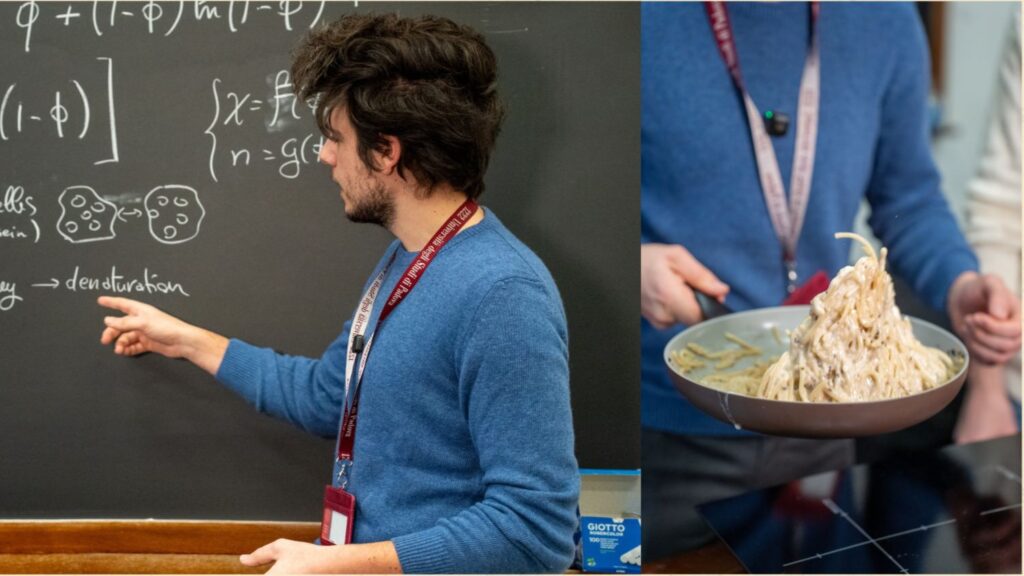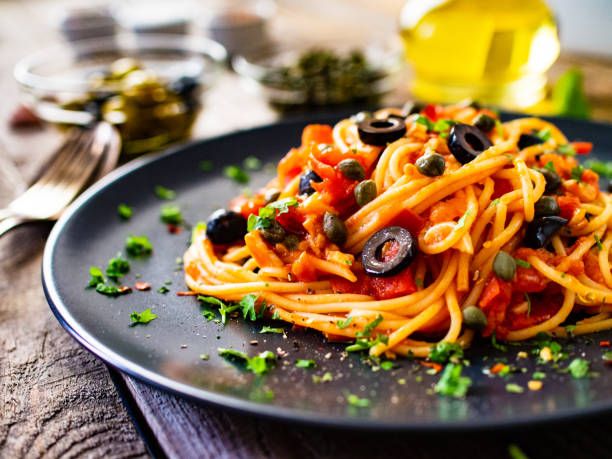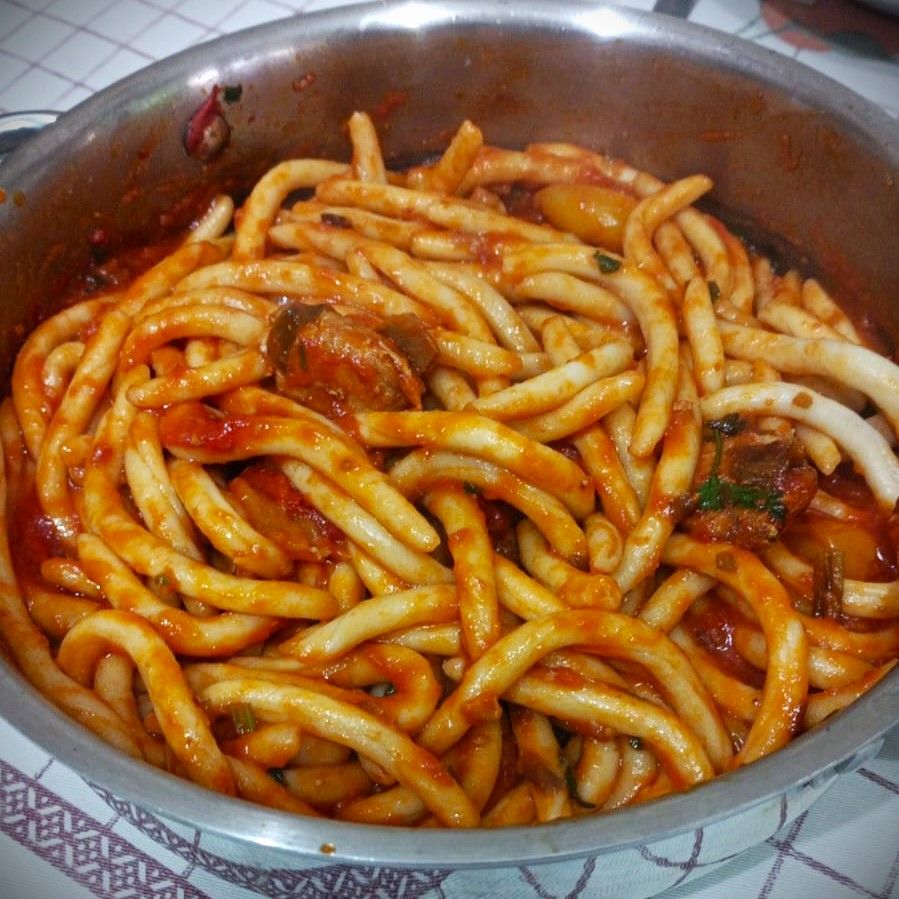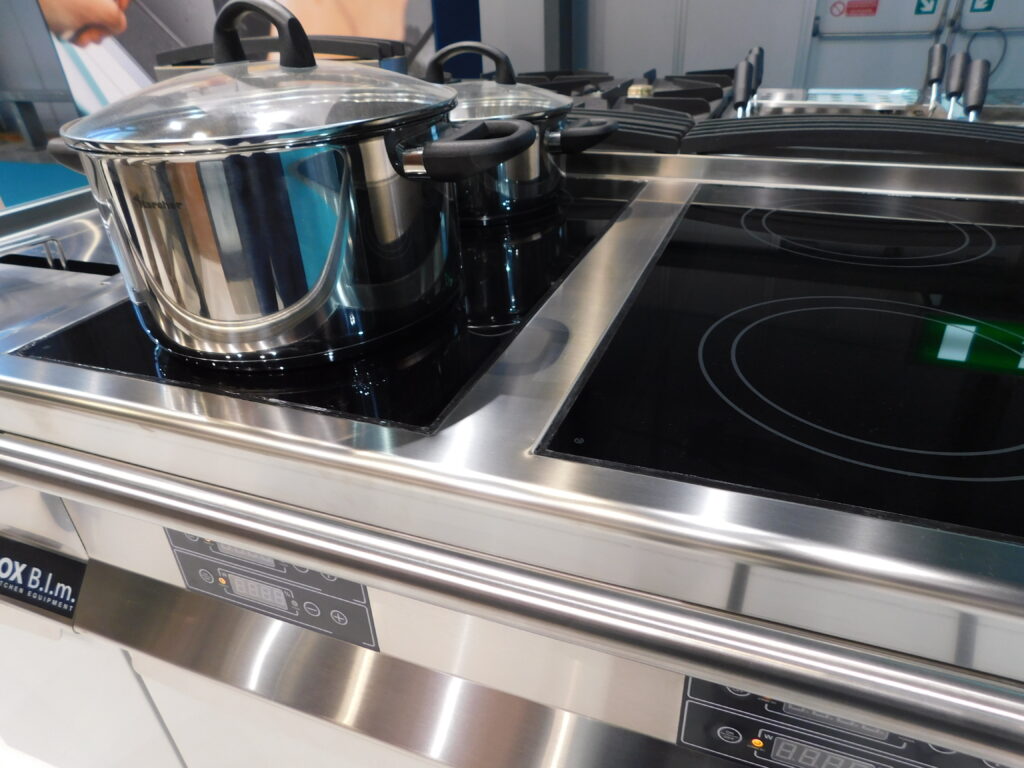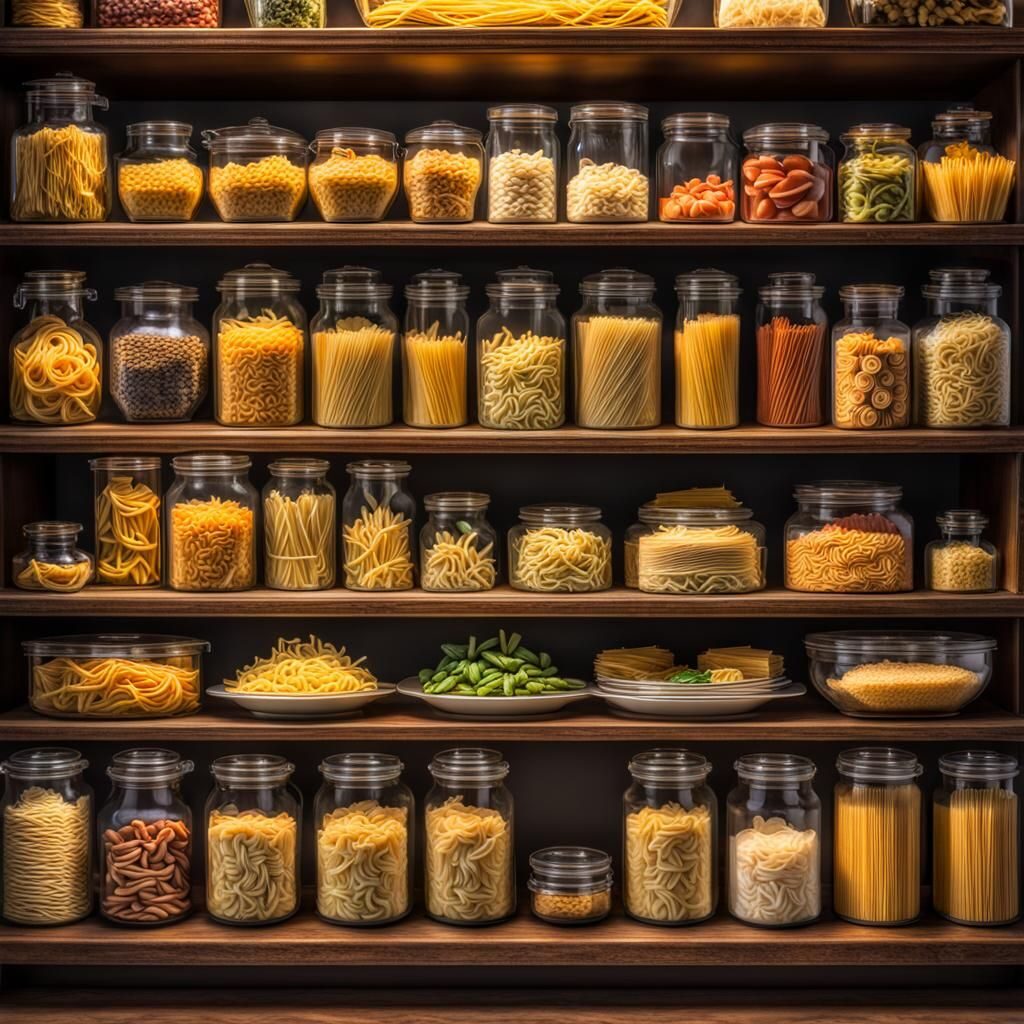There is a superstition regarding bread that seems to be common in Mediterranean countries: never put it upside down on the table.
There are two explanations for this, one sacred and one secular, so to speak.
In countries with a Catholic tradition, bread is considered sacred, as the body of Christ. Turning it upside down is therefore considered a sin and a form of contempt for the Saviour.
There is also another Catholic tradition whereby, if the bread falls to the ground, it must be kissed to avert the curse (or to be forgiven for the sin, other people say).
The other motivation is more curious: it was born in France in the Late Middle Ages. Among the most feared and hated characters was the executioner.
On the other hand, in that era of justice that was not exactly fair and impartial, it was not easy to trust the authorities.
The antipathy towards the State executioners was so common that even the bakers were not immune to it: more often than not, they hid the bread or refused to sell it to the hangmen (it will still take a few centuries for the guillotine).
Then, by royal decree, the boulangers were forced to keep the bread aside, because the executioner also had the right to eat it. The bakers complied.
Still, they reserved the right to do so with lower-quality flour. To distinguish it from the ordinary loaves, they placed it upside down on the counter.
Hence, in the collective imagination, upside-down bread was a bearer of mourning and disgrace, and therefore to be avoided.
Now, it doesn’t matter if you are superstitious, or just a little “stitious” (quoting Michael Scott of “The Office”), use the Inox Bim retarder proofer to make rise your dough.
And, if you work in catering and/or hospitalityindustry and you are interested in my #copywriting and/or #contentwriting services, just DM me!


 Italiano
Italiano
